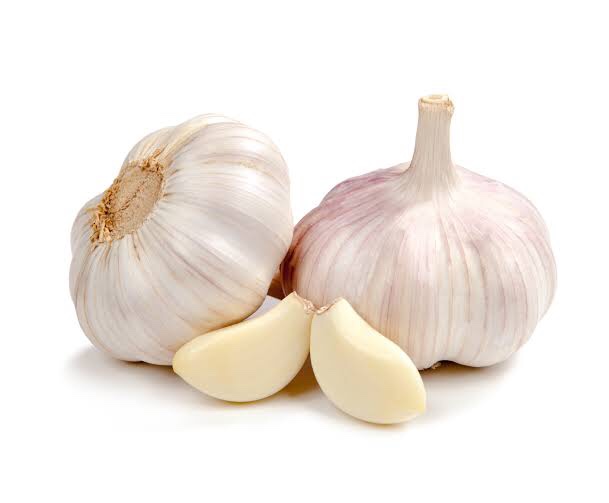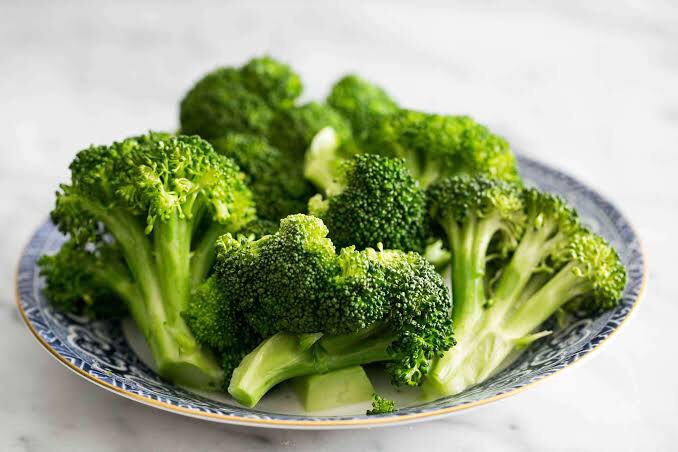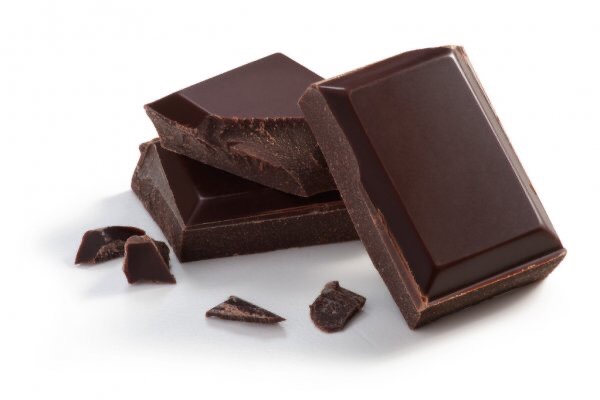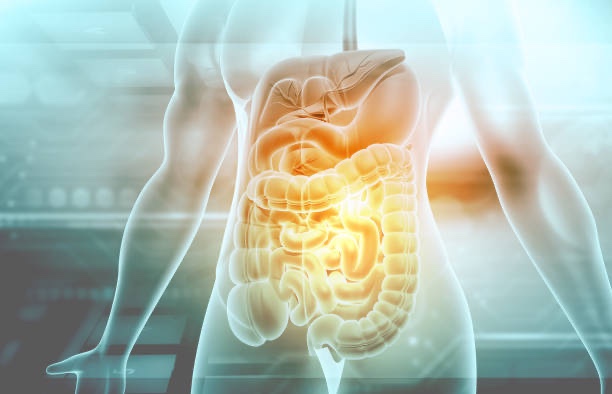We know that the brain plays a key role in all of our bodily functions – it’s the centre of our intelligence and the controller of our movements and behaviours. But did you know that you have a “second brain”?
Understanding the ‘second brain’ in your gut
The “second brain,” known as the enteric nervous system( ENS) is found in your gut. Beyond digestion, your gut contains an extensive network of neurons and an elaborate microbiome that can determine our mental state. It has confirmed that the “gut” communicates with our first brain, by making these little messengers, i.e. neurotransmitters, which supports bacteria that help regulate brain function.

It also Understands the links between digestion, mood, health and even the way you think. Irritation in the gastrointestinal system may send signals to the central nervous system (CNS) that trigger mood changes.
9 Warning Signs You Have Poor Gut Health
The Brain-Gut Connection
The connection between the brain and the gut involves the vagus nerve, which serves as a channel of communication between the nerve cells in the intestinal nervous system( ENS) and the central nervous system (CNS). A major contributor to this communication is the bacteria in our gut.
Not only does the brain affect the gut, but the gut may also affect the brain.
The first brain relies on the right mix of glucose and fat. If you do not consistently eat the correct combination of glucose and fats, you deprive the brain of its optimal fuel, frequently leading to hypoglycemia and ongoing cravings and hunger. Meals low in protein and fat and high in carbohydrates raise blood sugar, but they also drop sugar levels precipitously, sending the brain on a rollercoaster.

We all know Digestion occurs in a state of relaxation. Stress state can slow down or stop the digestive process, causing oesophagal spasms (hiccups), a rise in stomach acid (heartburn), nausea, diarrhoea, and constipation. It exacerbates the symptoms of digestive disorders like inflammatory bowel disease, stomach ulcers, and celiac disease.
Why Gut Health Matters
The gut and the brain regulate eating behaviour and appetite by way of NTs. Dopamine and serotonin are the two primary neurotransmitters associated with the regulation of food intake.
1. The production of serotonin, known as the “feel-good” neurotransmitter, which is 90 per cent of all production comes from the second brain in our gut. Imbalances in this neurotransmitter have been linked to increased risk of depression, as well as other health concerns.
2. The gut bacteria produce a neurotransmitter called Glutamate, which affects cognition, learning, and memory. Deficiencies of these chemicals have been linked to a number of mental disorders and diseases.
3.The good bacteria in our gut help to suppress the growth of harmful bacteria that could lead to illness. The gut microbiome is also an integral part of our immune system.
4. Gut bacteria produce an amino acid called Gamma-Aminobutyric Acid (GABA), which helps to calm nerve activity after a state of stress. Since hormones are also an important part of the digestive process and function to regulate appetite and digestive juices.
6 Simple Ways to Improve Your Gut Health
Here are Natural foods that can boost your gut health:
1. Eat Probiotic Foods

Probiotics are live bacteria that can improve the number and diversity of the bacteria in your gut. Fermented foods such as live-culture yoghurt, kefir, kombucha tea, kimchi, sauerkraut, and pickles all contain healthy bacteria (including bifidobacteria and lactobacilli) that can improve the health your gut lining and help control inflammation.
2. Eat Prebiotic Foods

Prebiotic is pretty much food like probiotics, and there are lots of plant-based prebiotic-rich options. Get lots of garlic, onions, bananas, and Jerusalem artichokes in your diet. These are all nutrient-dense foods to help support digestive function and even support a healthy inflammatory response in the body.
3. Eat a Fibre Rich Diet

A high sugar diet has been linked to increases in negative bacteria in the gut, as sugar is inflammatory. Try to eliminate as much added refined sugar as possible. On the other hand, getting in 30-40 grams of fibre every day helps feed beneficial bacteria in your gut. Incorporating 8-10 servings of fruits, vegetables & whole grains every day can help you reach that goal.
Also read : Eating More Fiber for a Longer Life & Happier Gut
4. Reduce Stress

Stress has been linked to the onset and the worsening of symptoms related to IBD, IBS, acid reflux, and even ulcers. So, here’s just one more reason to make self-care a priority. Even just managing to do five minutes of meditation, or getting out for a walk to unwind after work can have a huge impact on both your mental and physical health.
5. Consume dark chocolate, coffee, and tea

Flavonols in dark chocolate have been linked to improved cognitive function. Coffee is a rich source of antioxidants and can contribute to a healthy balance of gut bacteria. Black and green tea can increase bifidobacteria in the gut and may potentially decrease harmful bacteria.
6. Reduce sugar, processed foods and alcohol

Sugar and processed foods can propagate the ‘bad’ microbiome species in your gut. In addition they contain inflammatory compounds which can damage the gut lining. Alcohol is a fantastic steriliser. Can you imagine the sterilising impact it can have on your gut bugs? Limit the intake of these foods and drinks to help improve the optimal diversity of your gut microbiome.
A healthy mind and a healthy body need a healthy gut and digestion that works like a well-oiled machine…
I hope you found this comprehensive guide to repairing your gut helpful and that you are now armed with specific strategies to use at home! Remember, little changes make a big impact over time. Start small if you need to and add one strategy at a time. 😊
If you’re ready for personalized guidance and a comprehensive approach, you can start your gut health journey one-on-one with holistic meal plans with us. Check out our program page for a deeper dive into the tools and support offered, then request a free discovery call to see if it’s the right fit for you.
This requires just a little thought and a change in your lifestyle. Are you ready for that change?
Related : Gut Healing Turmeric Cauliflower Soup

Leave a comment